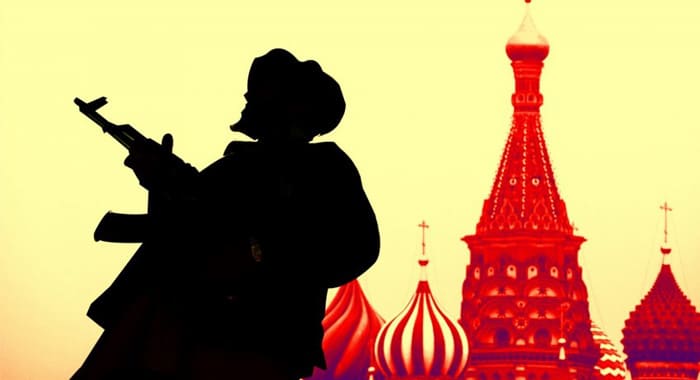In a move exposing the Taliban’s growing desperation and strategic confusion, the group has formally requested advanced military equipment from Russia just as its own intelligence apparatus warns of covert Russian espionage activities within Afghanistan. The request, first reported by Russia’s Nezavisimaya Gazeta, was made through a letter signed by Taliban Defense Minister Mullah Mohammad Yaqoob. The letter appeals to Moscow for arms procurement, calling it the start of a “new phase of cooperation,” and claims that Russian military hardware fulfills the Taliban’s defense requirements “in both quality and quantity.”
However, behind this public embrace of Moscow lies a classified report prepared by the Taliban’s counterintelligence agency, which accuses recent Russian arrivals posing as tourists, journalists, and cultural envoys of engaging in possible intelligence-gathering activities. The report reflects deep internal suspicion about Russian intentions, even as Kabul pursues military ties.
A source in Kabul who leaked the official letter described the weapons request as an attempt to “test Russia’s sincerity.” Yet, critics say the move reflects a regime increasingly vulnerable, isolated, and willing to gamble its security in pursuit of foreign recognition and support.
The Taliban’s contradictory conduct seeking weapons from a power it simultaneously accuses of espionage has drawn sharp scrutiny from regional observers. “This is not foreign policy. This is a regime cornered by international rejection, courting powers with histories of interference while distrusting their motives,” said a regional analyst familiar with Afghan-Russian dynamics.
Since returning to power in 2021, the Taliban has struggled to gain legitimacy on the global stage. Russia’s recent recognition offered a rare diplomatic breakthrough, but the rapid turn toward arms deals paired with mounting intelligence concerns suggests the Taliban may be walking blindly into deeper foreign dependence and infiltration.
Analysts warn that the regime’s eagerness to arm itself could come at the cost of sovereignty, as powerful states exploit the Taliban’s isolation for strategic footholds. The episode lays bare the internal fractures of a regime torn between courting alliances and fearing infiltration—raising urgent questions about who truly benefits from these new defense partnerships.





